Being the products of an interracial marriage, we never felt the need to limit ourselves to a certain race when dating. Being interracial meant just about any and all relationships we engaged in would be an interracial relationship, but this didn’t stop society from having a say in our dating lives.
Alexis’ Dating Story:
My friends always used to asked my why I never dated “white” guys, and my response was always “they’re just not into me”, and we’d end up laughing it off like it was nothing. But then one of my “white” friends told me that “they’re just intimidated by us”. So I always wondered am I really that intimidating? I’d always hear from others and my mom “don’t lower your standards, you can have any guy you want”, but I never really captured the whole essence to that advice that was given. It’s like in society, we put mixed kids in a category of “out of this world”, like we are “the catch” to have. I have had a friend tell me that he likes dating mixed girls because “we’re a challenge”. It is as if we’re unicorns among a herd of mustangs, standing out some way because our hair and skin color is just different. Our background is a little bit of both worlds so it’s follows the whole “get you a girl who can do both” as they say. I am currently dating an African American guy in relationship that isn’t seen as a challenge or a game, but a companionship where we help each other to improve, and grow to be the best versions of ourselves.
Amanda’s Dating Story:
Through high school and my first years of college it just so happened that I dated mainly African American (black) guys and even one guy that was interracial like myself. We never received any odd stares or comments about being together because of how we looked. It wasn’t until my Junior of college that I began dating my current boyfriend, who just so happens to be Caucasian (white). Things just clicked between us and we are happy to be together, but I have realized the perception of our relationship changes before and after they see us together. We get odd looks from time to time, and the occasional question, if our families approve of us being together, but neither of these were typical when I dated the African American guys. Friends have admitted that after meeting my boyfriend, or seeing him for the first time, they were expecting for him to be a black guy. After spending time with us, they understand better what brought us together; again, this is a companionship that we wish to grow and improve to be the best versions of ourselves, together. My boyfriend and I are blessed with family and friends that are so supportive of our relationship.
Megan’s Dating Story:
Interracial dating can be tricky! During my service with the Peace Corp I began dating my current boyfriend, a local Panamanian. Aside from the obvious language barrier, there was major cultural differences as well. He doesn’t understand the same racial references, the significance of “soul” food, or that I grew up in a time when I prefered to listen to Britney Spear and 90s pop songs over rap. He is more passive, while Americans, like myself, can be more aggressive because we have grown up in a society where have been taught to seize opportunities as they come. Interracial dating has helped for me to keep an open mind and to have patience. While I continue to grow in my relationship, I have learned new things about Panamanian culture while being able to share my mixed culture and how it has shaped me into who I am today.
Now, all three of us are dating someone along the race spectrum. Someone who’s Hispanic, Caucasian, and African American. To love and care for another should not be limited to only those that look and have similar skin tones like themselves. We all agree that relationships should be based on the respect we have for each other and the trust and genuine connection we share together. We truly feel when that happens you won’t see relationships as “interracial”, we will see them just as two people together by love. #lovewins
_____________________________________________________________________________________________________
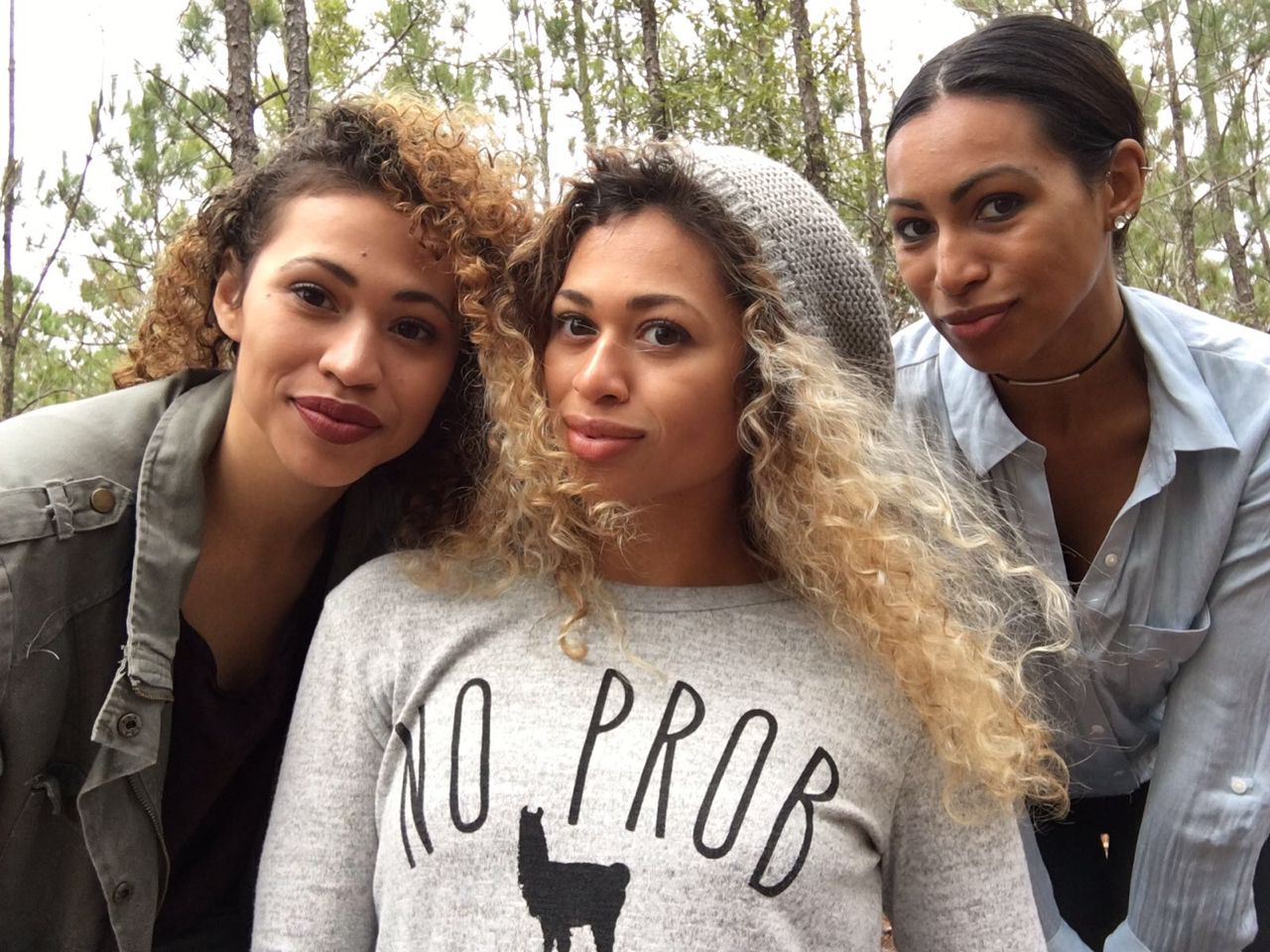 Megan Rudnik received her B.S. in International Business with a minor in Spanish and her MBA from Winthrop University. Since graduating, Megan spent 2 years in the eace Corp, serving in Panama. She also recently completed 4 months in China teaching English.
Megan Rudnik received her B.S. in International Business with a minor in Spanish and her MBA from Winthrop University. Since graduating, Megan spent 2 years in the eace Corp, serving in Panama. She also recently completed 4 months in China teaching English.
Amanda Rudnik received her B.S. in Business Administration with a Concentration in Accounting from The Citadel. While at The Citadel, Amanda played all four years on the Citadel volleyball while serving in various leadership roles in the South Carolina Corp of Cadet. Amanda now currently works for a large company and pursues her dream of modeling.
Alexis Rudnik is currently a student at Winthrop University, studying Middle Level Education Math and Social Studies. Alexis was a member of the 2016 Winthrop Volleyball team and is currently coaching volleyball at the club level.
We all grew up in Minnesota for 10 years before moving to our current residence in South Carolina. Our mother is African American and Native American and from Alabama. Our father is Polish and German and originally from Minnesota.

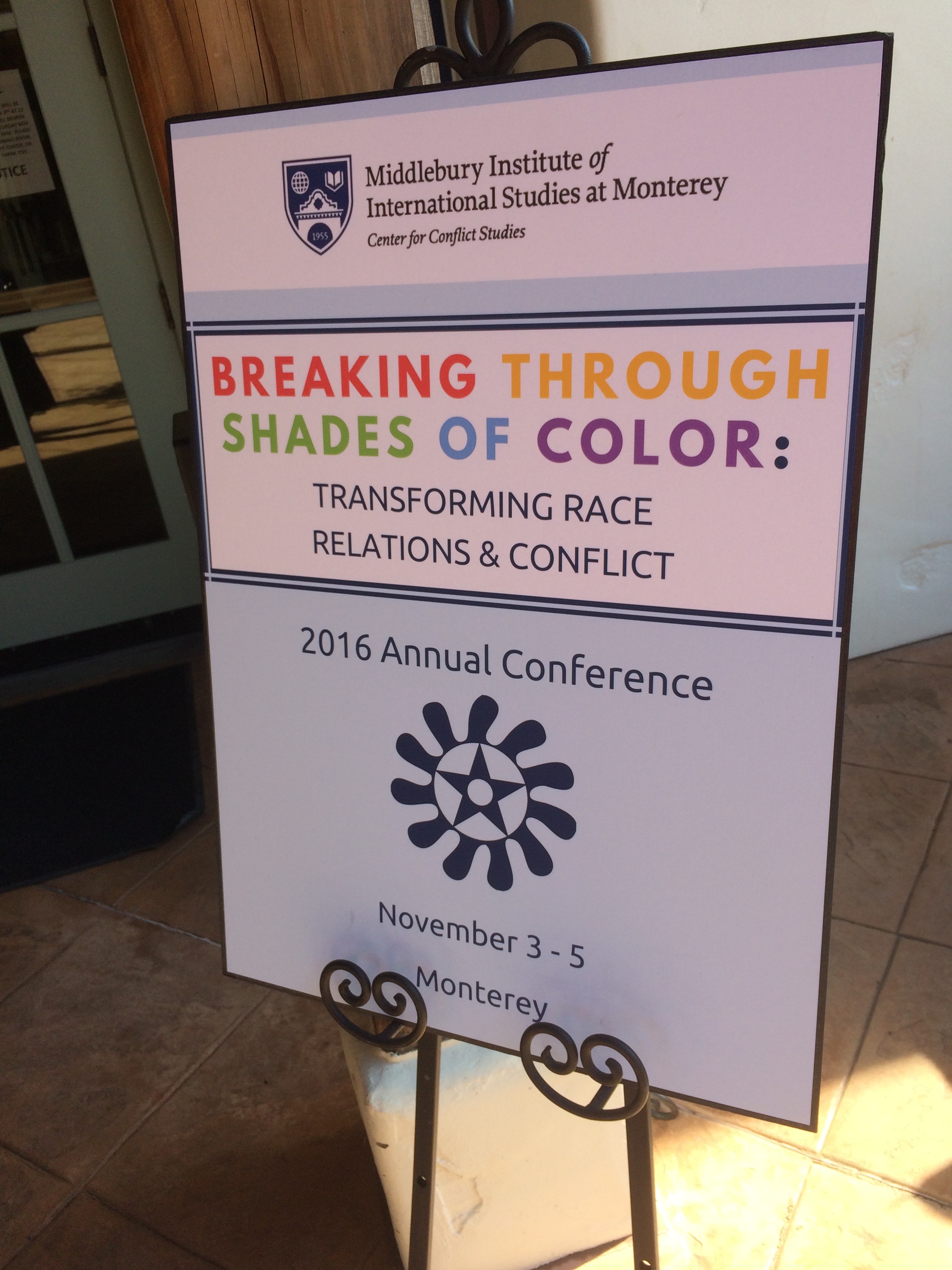 On November 4, MXRS board member, Kaily Heitz, presented “Social Justice Fatigue: Creating a Supportive Environment for Activism” at the
On November 4, MXRS board member, Kaily Heitz, presented “Social Justice Fatigue: Creating a Supportive Environment for Activism” at the 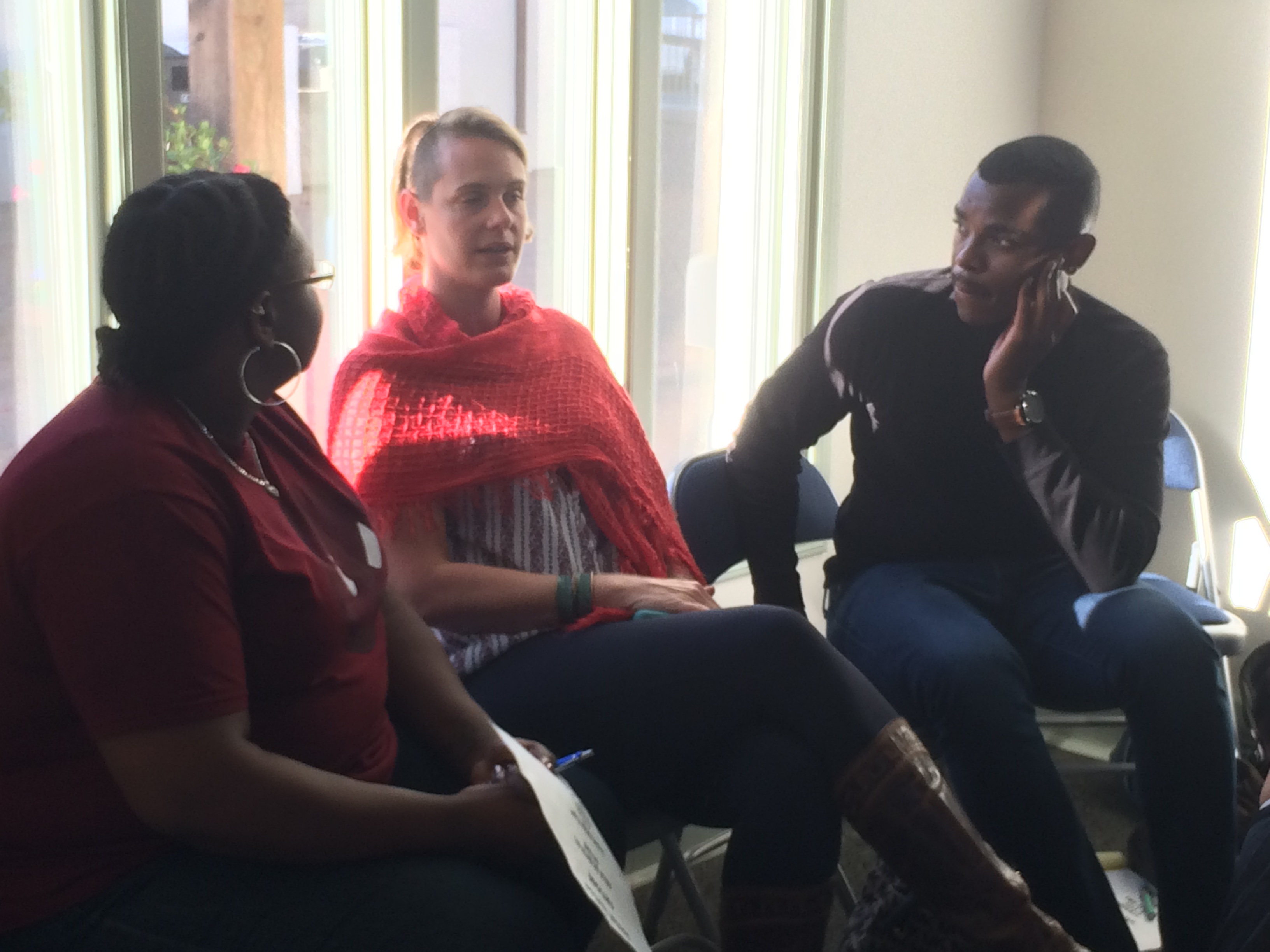 The MIIS workshop audience was comprised of students, activists, and Monterey community members. Participants were first asked to pair up and discuss the ways that they felt attacked at multiple levels. Many discussed social identifiers of class and gender as a source of fatigue. After reviewing issues of structural racism and injustice, participants went back to their pairs and talked about how vulnerable members of their community might be facing compounded injustices. A poignant examples came from one woman, who discussed the relevance of considering micro and macro aggressions with regard to the large population of migrant farm and hospitality workers in the area.
The MIIS workshop audience was comprised of students, activists, and Monterey community members. Participants were first asked to pair up and discuss the ways that they felt attacked at multiple levels. Many discussed social identifiers of class and gender as a source of fatigue. After reviewing issues of structural racism and injustice, participants went back to their pairs and talked about how vulnerable members of their community might be facing compounded injustices. A poignant examples came from one woman, who discussed the relevance of considering micro and macro aggressions with regard to the large population of migrant farm and hospitality workers in the area.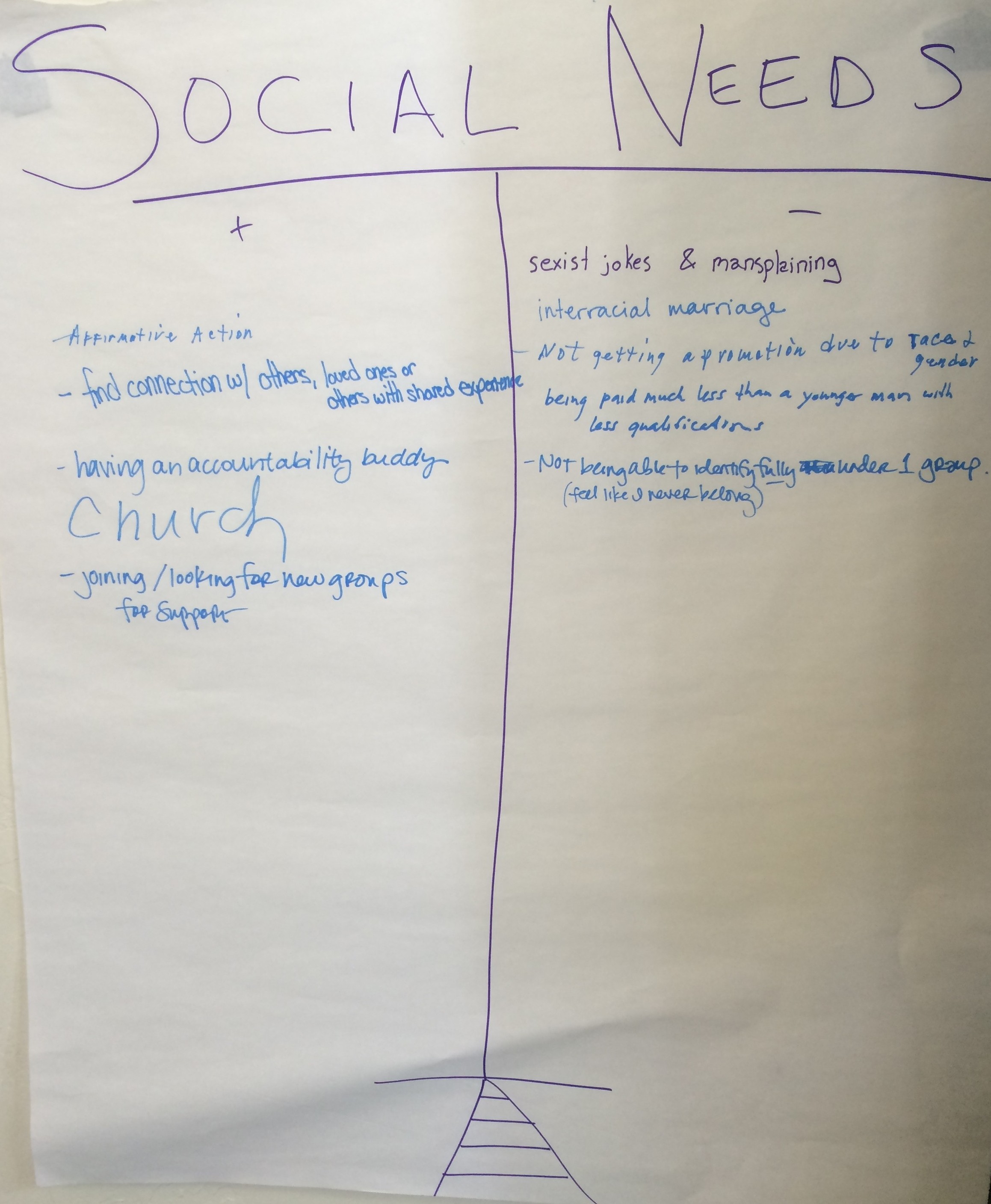
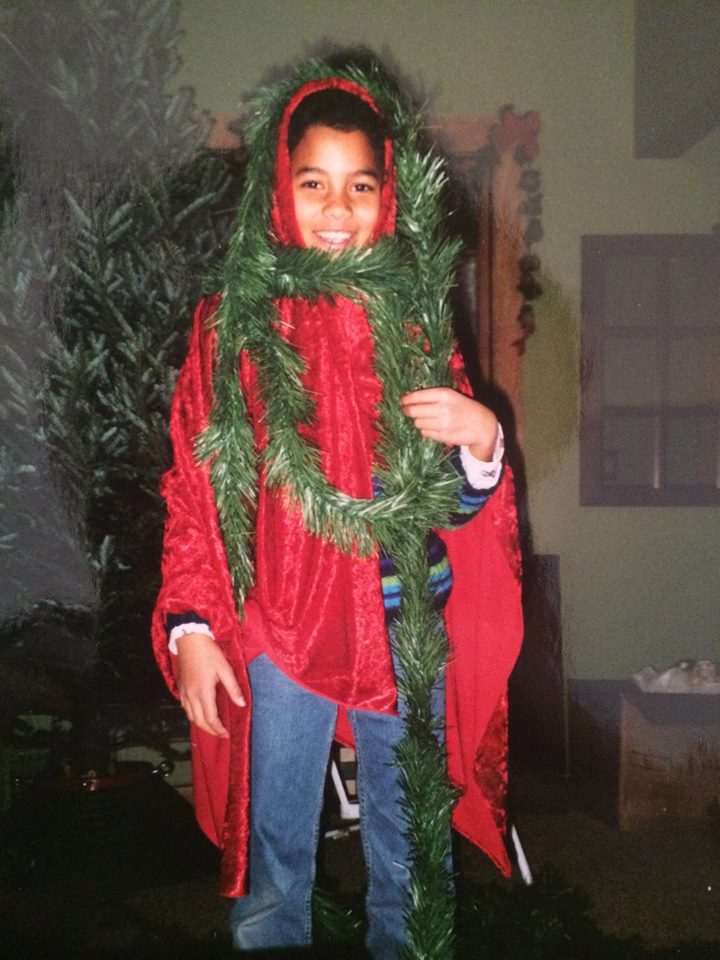
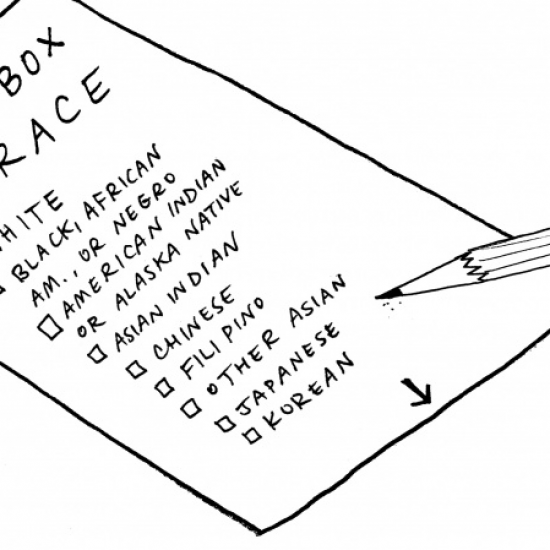
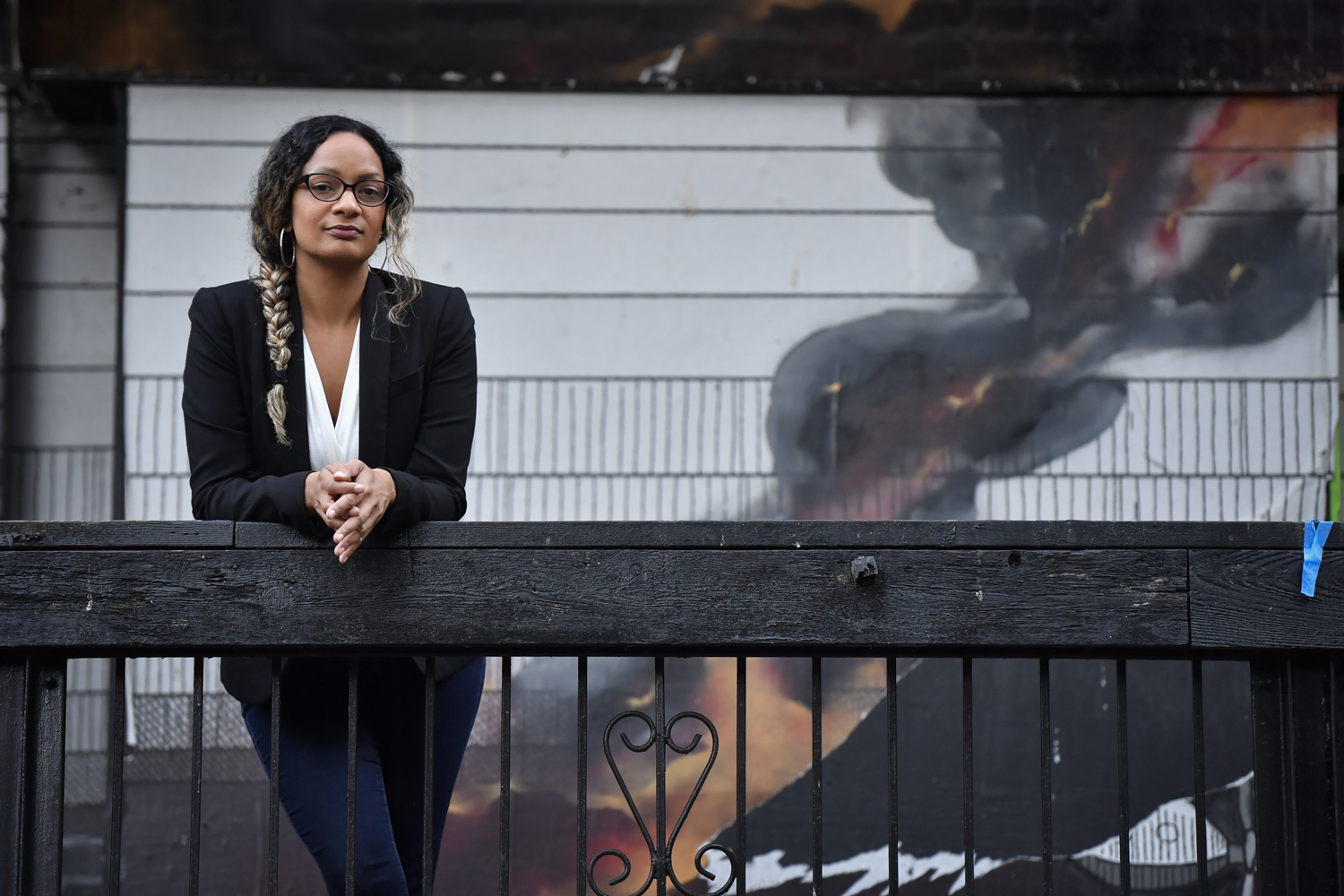
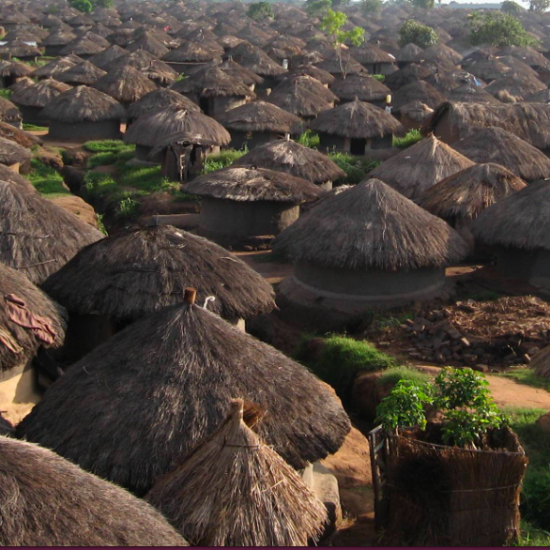
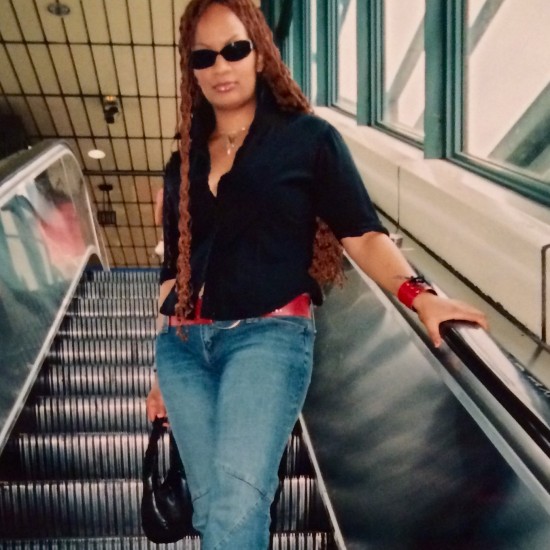
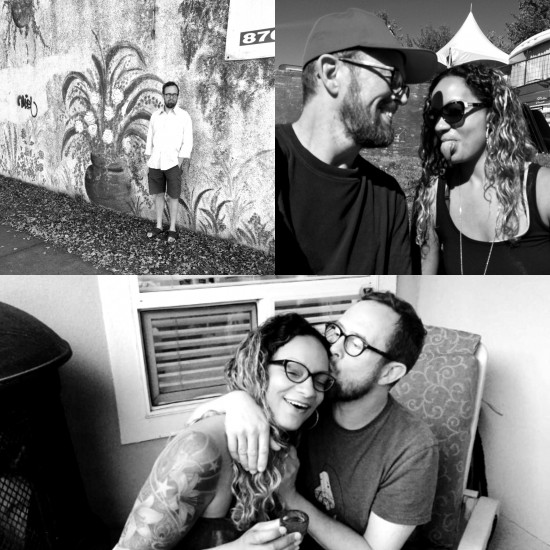
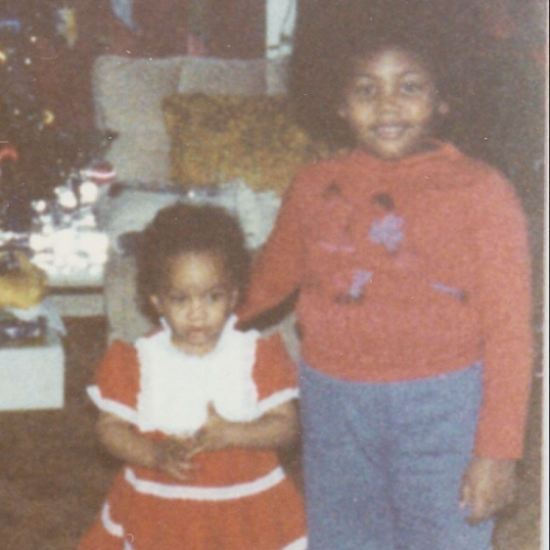
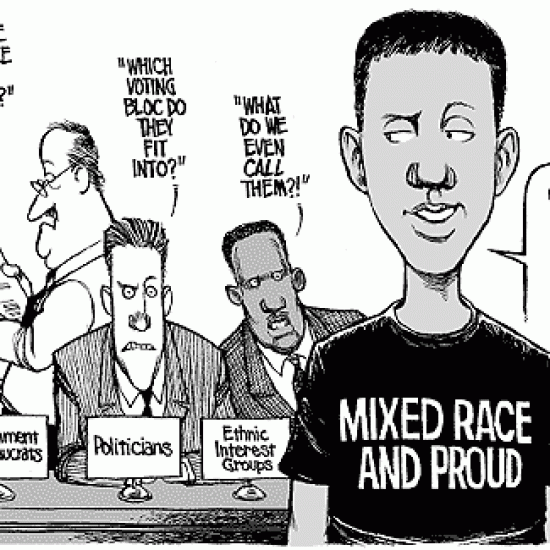
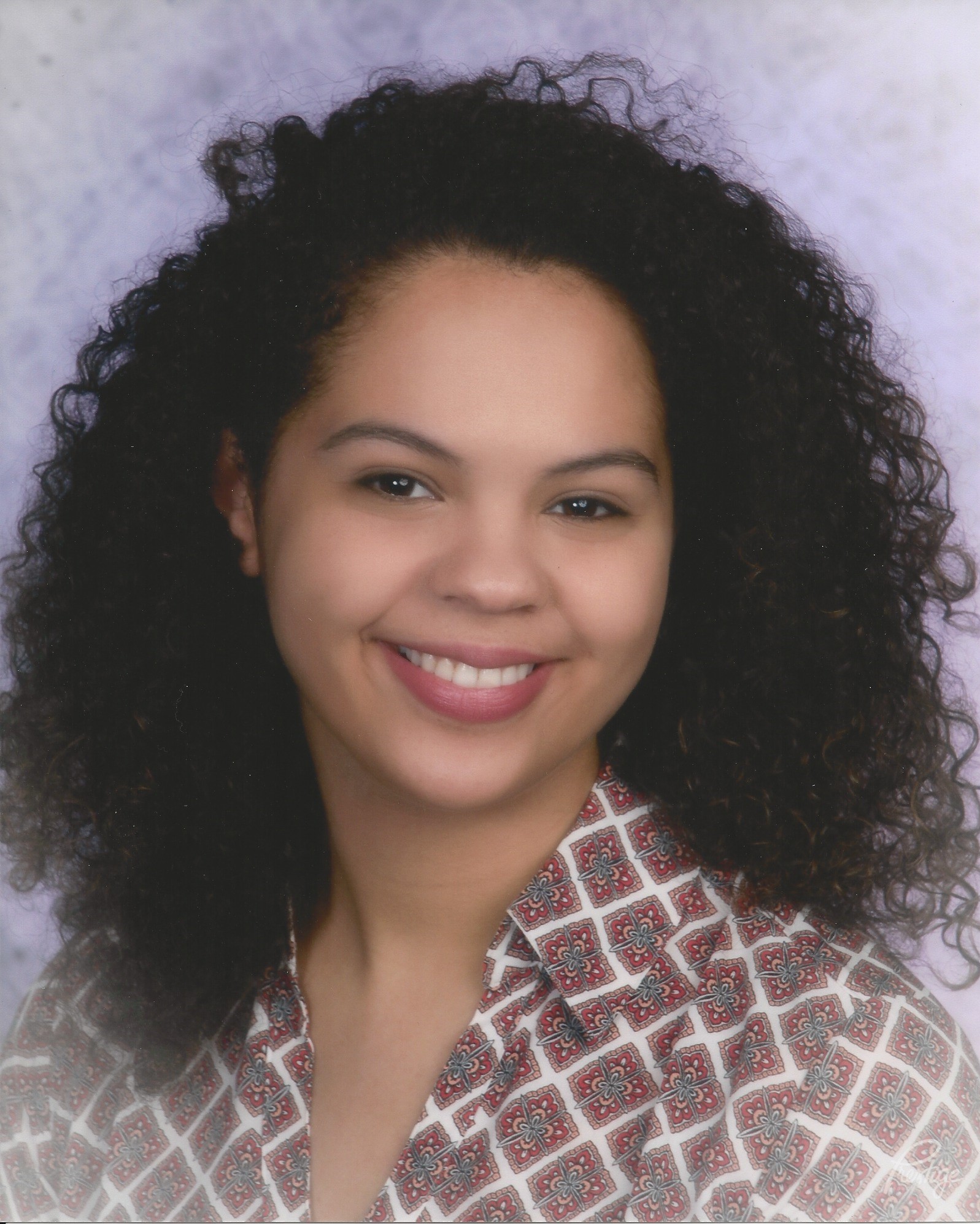 a Keenan lives in Upstate New York and recently graduated from Binghamton University with B.A.s in Psychology and Africana Studies, with honor’s in Africana Studies. She is currently a Copy Editor for Africa Knowledge Project – a publishing house that has a wide range of journals that discuss various aspects of the African Diaspora. She is also currently the Guest Blog Coordinator for Mixed Roots Stories. She also holds a position as an Adjunct Lecturer at Binghamton University for the 2016-2017 school year, teaching Africana Studies 101. She has been published in the journal ProudFlesh twice, with two pieces in production, and has presented at the American Public Health Association (November 2015). She hopes to continue her education in Developmental Psychology, researching Mixed Race identity formation, among other topics regarding the population.
a Keenan lives in Upstate New York and recently graduated from Binghamton University with B.A.s in Psychology and Africana Studies, with honor’s in Africana Studies. She is currently a Copy Editor for Africa Knowledge Project – a publishing house that has a wide range of journals that discuss various aspects of the African Diaspora. She is also currently the Guest Blog Coordinator for Mixed Roots Stories. She also holds a position as an Adjunct Lecturer at Binghamton University for the 2016-2017 school year, teaching Africana Studies 101. She has been published in the journal ProudFlesh twice, with two pieces in production, and has presented at the American Public Health Association (November 2015). She hopes to continue her education in Developmental Psychology, researching Mixed Race identity formation, among other topics regarding the population.